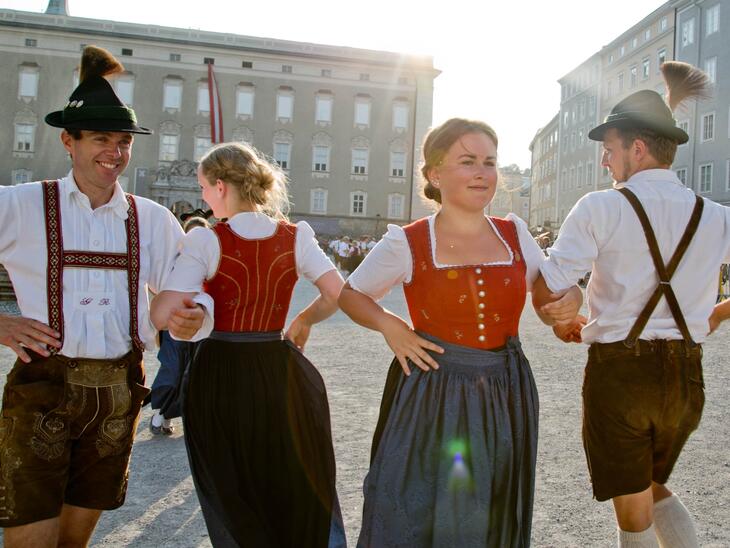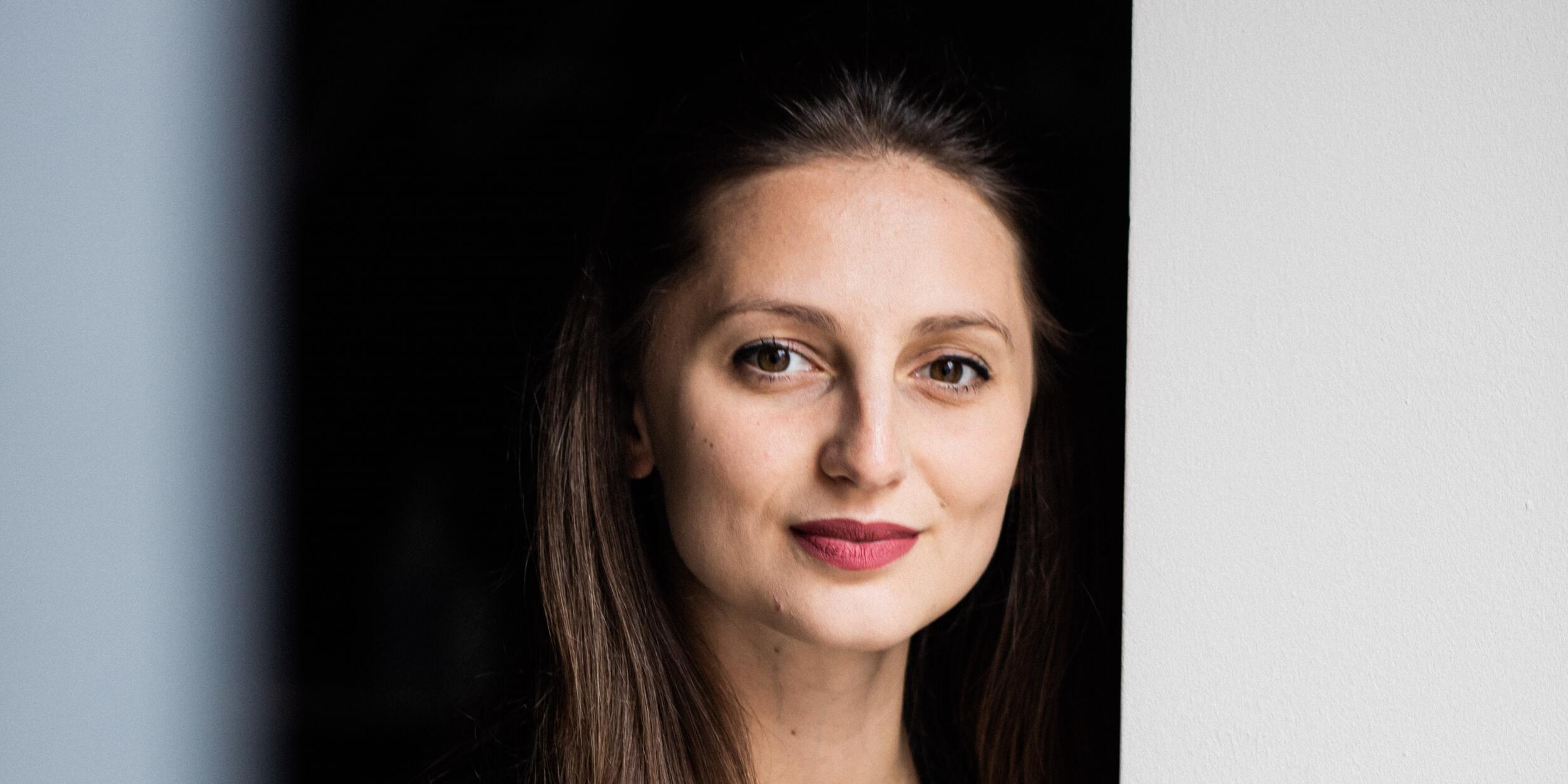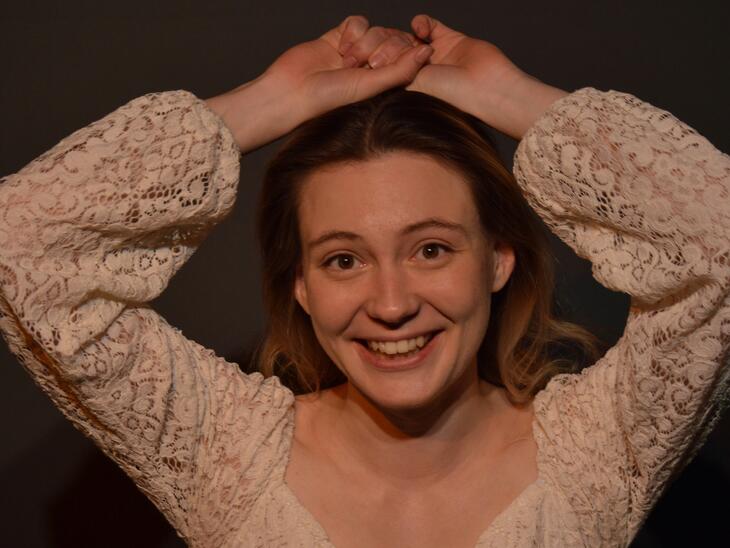‘Teaching has always been an important part of my identity as an artist, and I had the great opportunity to teach Lied duos as a young Lied pianist at the Freiburg University of Music as part of the Mathilde Planck Programme for the Advancement of Women. I certainly benefited greatly from this important experience at the 2017 hearing for the professorship for Lied interpretation at the Mozarteum University Salzburg,’ recalls Prof. Pauliina Tukiainen, one of the very few female pianists with a professorship for Lied interpretation worldwide. ‘This situation alone is a great motivation for me to bring about change,’ continues the native Finn, in whose home country gender equality agendas and women in management positions and high professional career levels are much more self-evident than in our latitudes. ‘When asked about similar support programmes for young female artists, Rector Elisabeth Gutjahr was immediately enthusiastic: ‘Not yet, but we should do it! So, together with Iris Mangeng and Christoph Lepschy, I developed the Female Artist-in-Residence programme for the Mozarteum University - which will of course begin with the subject of Lied composition,’ says the delighted head of the new FAiR programme.
This programme is a new long-term measure throughout Austria that counteracts the subject-specific imbalance in the distribution of artistic professorships by offering outstanding young female artists opportunities to expand their skills in a targeted manner with regard to future professorship applications. The residency positions are each held by different artistic departments at the Mozarteum University, primarily those departments in which there are still hardly any women among the professors. The international residency holders, who are selected through an application process, can then spend a semester gaining university teaching experience, realising artistic projects with students, getting to know university structures and taking advantage of mentoring and further training opportunities in order to develop strategies for career planning and further their education in self-management and self-marketing. ‘In order to apply for professorships or even permanent positions for songwriting, teaching experience at a university is usually a mandatory requirement. Unfortunately, you can hardly gain this experience as a Lied pianist because such opportunities are rare at universities. It's great that FAiR supports precisely this,’ says Rebeka Stojkoska, the first female artist in residence at the Mozarteum University, emphasising the personal significance of the programme and adds: ’The residency at such a renowned university for music and art is a great success for me and a very important step in my professional career. Here I can gain enormously valuable experience and insights that will benefit me in future applications and presentations. I can also expand my network, which I can continue to exchange ideas with after the residency.’
The need for subject-specific support programmes for young female artists arises from an imbalance that has persisted for decades: at the Mozarteum University, as at many other music and art universities and colleges in Europe, women are already significantly underrepresented at student level in certain artistic subjects such as conducting, brass instruments and percussion. This imbalance continues in the area of university appointments, especially for full professorships. ‘The reasons for this are varied and complex: studies have shown, among other things, that women are more reluctant to apply for senior positions than male colleagues and that the compatibility of family and professorship is often questioned. Even with equal numbers of female and male applicants in an appointment procedure, (unconscious) gender-specific prejudices and outdated social career ideas can still play a decisive role in favour of a male appointment. In order for there to be more female professors in the future, not only in special artistic subjects but in general, a structural and cultural change is necessary,’ says Iris Mangeng, Deputy Head of the Institute for Equality and Gender Studies at the Mozarteum University, summarising the situation. Senate Chair and other FAiR team member Christoph Lepschy underlines the necessity of the programme: ‘FAIR is an encouraging and necessary, even overdue programme for the advancement of women in the university context. Despite decades of debates about the discrimination of women (not only) in the cultural sector, and despite numerous measures and guidelines for the equal participation of women, we are still a long way from achieving gender equality. On the contrary, a further affirmation of patriarchal structures can unfortunately be observed, especially in recent times and with the (re-)strengthening of right-wing extremist parties. In this respect, I hope that FAiR will grow and flourish at the Mozarteum University and find many imitators.’
Urgent cultural and socio-political changes are not only to be brought about by the FaiR programme itself, but also by the project ‘Seht ihr Gefahr, so eilig!’ planned by residence holder Rebeka Stojkoska with singers and pianists from the Mozarteum University. Based on the endeavour to contribute to democracy education through music and the premise that an awareness of the past is essential for the formation of identity, finding perspectives and people's willingness to act in the present and future, Rebeka Stojkoska has conceived a multi-layered concert programme that is dedicated to the role and significance of song in democracy education and builds a bridge between historical and current socio-political events.
(First published in the Uni-Nachrichten / Salzburger Nachrichten on 12 October 2024)




